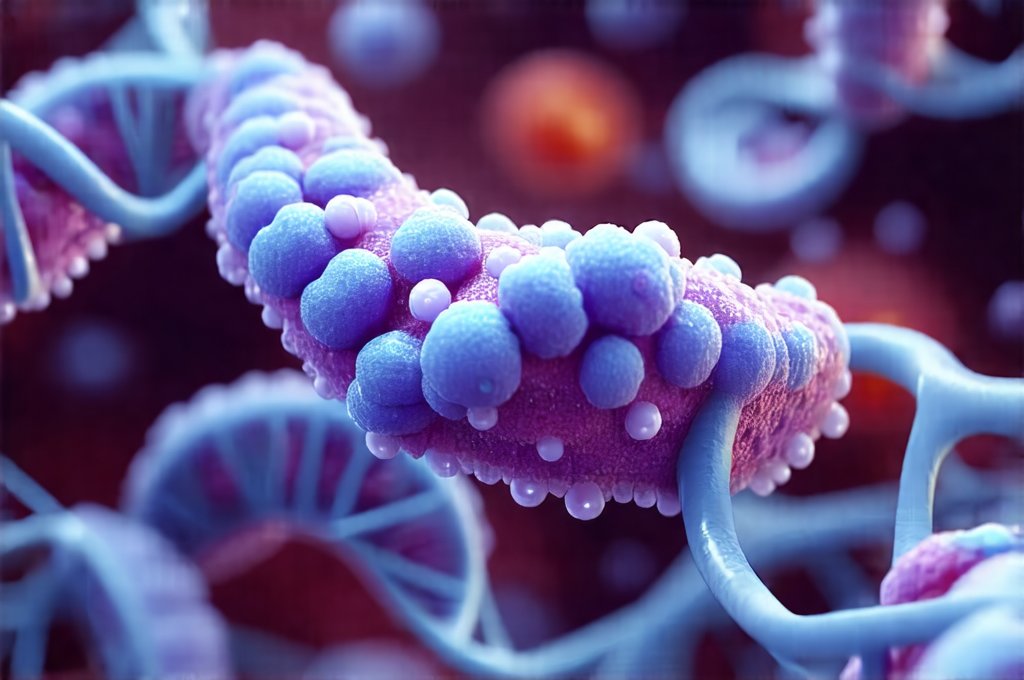Many people experience digestive discomfort after consuming protein – bloating, gas, cramping, even nausea. Often, this isn’t a sign of a protein intolerance per se, but rather an indication that the body is struggling to efficiently break down and absorb certain types of protein. The complexity of proteins means they require more extensive enzymatic action than carbohydrates or fats, leaving room for errors if digestive capacity is compromised or the protein source itself presents challenges. This can be especially true for individuals with pre-existing conditions like Irritable Bowel Syndrome (IBS), Small Intestinal Bacterial Overgrowth (SIBO), or those recovering from gastrointestinal issues. The good news is that strategically choosing more easily digestible protein sources and incorporating certain techniques can significantly improve tolerance and enjoyment of this vital macronutrient.
Protein plays a crucial role in countless bodily functions, from building and repairing tissues to supporting immune function and hormone production. Eliminating or severely restricting protein intake isn’t typically a healthy solution, even for those with sensitive systems. Instead, the focus should be on finding alternatives that are gentler on the digestive tract while still providing adequate amounts of this essential nutrient. This article will explore various easy-to-digest protein options, explain why some proteins are harder to process than others, and offer practical tips for maximizing protein absorption without triggering unpleasant symptoms. It’s about working with your body, not against it, to achieve optimal nutrition and well-being. Understanding small wins can make a huge difference!
Understanding Protein Digestibility
The digestibility of a protein isn’t just about its source; it’s a complex interplay of factors including the protein’s structure, the presence of antinutrients, and individual digestive capabilities. Highly complex proteins with tightly wound structures require more effort from the body to break down into their constituent amino acids. This process begins in the stomach with pepsin and continues in the small intestine with enzymes like trypsin and chymotrypsin. If these enzymes aren’t produced in sufficient quantities, or if the protein is inherently difficult to unravel, incomplete digestion can occur, leading to digestive distress. Furthermore, some proteins contain compounds called antinutrients – substances that interfere with nutrient absorption – adding another layer of complexity.
Different animal proteins also vary in their digestibility. Red meat, for example, tends to be harder to digest than poultry or fish due to its higher fat content and more complex protein structure. Similarly, plant-based proteins often require more processing by the body because they are encased within cell walls and may contain antinutrients like phytates and tannins. However, proper preparation methods – soaking, sprouting, fermenting – can significantly reduce these antinutrient levels and enhance digestibility. It’s important to remember that everyone is different; what one person tolerates well might cause issues for another. Paying attention to your body’s signals and adjusting your protein intake accordingly is key. A best daily routine can help you stay consistent.
Finally, the way you combine proteins with other foods can also impact digestion. Eating protein alongside easily digestible carbohydrates and healthy fats slows down gastric emptying, giving your digestive system more time to process the protein effectively. Conversely, consuming large amounts of protein without adequate fiber or hydration can overwhelm the digestive system and increase the likelihood of discomfort. Proper hydration strategies are crucial for optimal digestion.
Easily Digestible Protein Sources
When seeking out easy-to-digest proteins, consider those that are naturally less complex or have undergone processing to improve their digestibility. Here’s a breakdown of excellent choices:
- Fish: Particularly white fish like cod, haddock, and flounder, are generally very gentle on the stomach. They’re lean, contain minimal connective tissue, and break down relatively quickly. Salmon is also good, but its higher fat content might be problematic for some individuals with sensitive systems.
- Poultry (Skinless): Chicken breast and turkey breast are excellent options, again emphasizing skin removal to reduce fat content. They’re leaner than red meat and contain a more readily digestible protein structure.
- Egg Whites: While whole eggs offer nutritional benefits, the yolk can be harder to digest for some people. Egg whites are almost pure protein and generally well-tolerated.
- Collagen Protein: Derived from animal sources (typically bovine or marine), collagen is a unique protein composed primarily of glycine, proline, and hydroxyproline. It’s already partially broken down, making it exceptionally easy to digest. Collagen powder can be added to beverages or smoothies.
- Bone Broth: A traditional food that’s gaining popularity for its gut-healing properties, bone broth is rich in collagen and other beneficial nutrients. The long simmering process breaks down proteins into easily absorbable amino acids.
Plant-Based Protein Options & Preparation
Plant-based proteins require a bit more consideration due to their inherent structure and potential antinutrient content. However, with proper preparation, they can be incredibly digestible and nutritious:
- Tofu & Tempeh (Fermented Soy): Fermentation significantly improves the digestibility of soy products by breaking down complex proteins and reducing antinutrients. Choose organic, non-GMO varieties whenever possible.
- Lentils: Compared to other legumes, lentils are relatively easy to digest due to their lower fiber content and smaller size. Soaking them overnight before cooking helps further reduce phytates.
- Sprouted Grains & Legumes: Sprouting activates enzymes that break down proteins and antinutrients, making the food more digestible. Quinoa and mung beans are excellent options for sprouting.
- Protein Powders (Pea, Rice): Pea protein and brown rice protein powders are generally well-tolerated by individuals with sensitive systems. Look for brands that use minimal processing and avoid artificial additives. Consider plant-based proteins as a gentle option.
Strategies to Enhance Protein Digestion
Beyond choosing the right protein sources, several strategies can further optimize digestion:
- Chew Thoroughly: This seems simple, but it’s crucial! Proper chewing breaks down food mechanically, making it easier for enzymes to access and digest proteins.
- Hydrate Adequately: Water is essential for all digestive processes. Drink plenty of water throughout the day, especially with meals.
- Combine with Digestive Aids: Consider incorporating digestive bitters or a small amount of apple cider vinegar before meals to stimulate enzyme production. Always consult with a healthcare professional before using supplements.
- Consider Enzyme Supplementation: If you suspect insufficient enzyme production, talk to your doctor about whether supplemental enzymes (protease, amylase, lipase) might be beneficial.
- Mindful Eating: Eat in a relaxed environment, free from distractions, and focus on savoring each bite. Stress can negatively impact digestion.
- Gradual Introduction: When introducing new protein sources, start with small amounts to assess your tolerance. Thinking about how to shop for sensitive digestion is also helpful!
It’s vital to remember that managing digestive sensitivities is often an iterative process. What works for one person may not work for another. The key is to listen to your body, experiment with different options, and prioritize gentle, nourishing foods that support overall well-being. Don’t hesitate to consult with a registered dietitian or healthcare professional for personalized guidance and support. Are warm meals easier on your system?


















